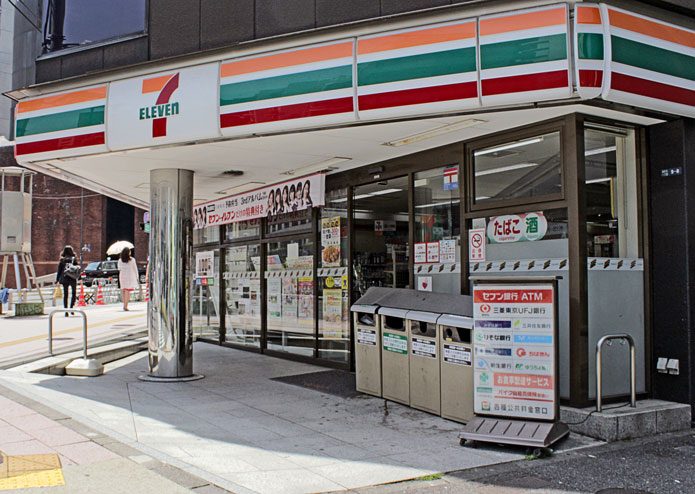
With the tightening job market, more Japanese businesses are turning to foreign students studying at Japanese institutions, according to the 15 April edition of the business weekly Toyo Keizai. Last year, there were 1.08 million foreign students in Japan. Those working part time in the food and beverage sector are mostly people who entered the country on a student visa or who are married to Japanese nationals.
“Of the 13 people hired at the time our shop was opened, only one was a Japanese”, the owner of a Lawson, Inc. convenience store located near the port of Yokohama was quoted as saying. “In the past, there were many Chinese and Koreans, but these days it’s becoming more diversified and we’re getting staff from Vietnam, Nepal and the Middle East”.
A spokesperson for a fast food chain said, “While the ratio of foreigners in outlets nationwide is about 10%, it’s more than 20% in central Tokyo—roughly the same as for staff at convenience stores”.
Lawson had previously tied up with some 70 schools teaching Japanese conversation, but in 2015 began language training for prospective workers in Vietnam and South Korea. Lawson conducts initial interviews and registration via Skype jobs to test an applicant’s Japanese level. After the selected individuals arrive in Japan, they undergo eight to 30 hours of training at an affiliate of the firm before being dispatched to outlets.
The work involved is by no means easy. According to a young man from Syria, coming from countries with different food cultures, non-Japanese convenience store cashiers might not be sure whether to provide a plastic spoon or disposable chopsticks with a meal. Although not required to pay school tuition, he still needs to meet living costs, so he puts in 16 hours a week behind the counter.
“We carry 220 different brands of cigarettes, and if the customer doesn’t tell me the number I don’t know which brand they mean. I’m especially intimidated by the older customers. The owner is kind to me, but after working in the store for three hours, I feel drained”.
The man said he hopes to supplement his income in the future by English tutoring, which pays better.
Some outlet owners grumble that time doesn’t permit them to provide instruction to non-Japanese workers while they’re on the job and that, due to cultural differences, problems arise. For example, workers frequently show up late. “We’re getting more complaints about service”, one manager added.
Other irritants include staff speaking to each other in their own language in front of customers and reluctance to apologise to customers.